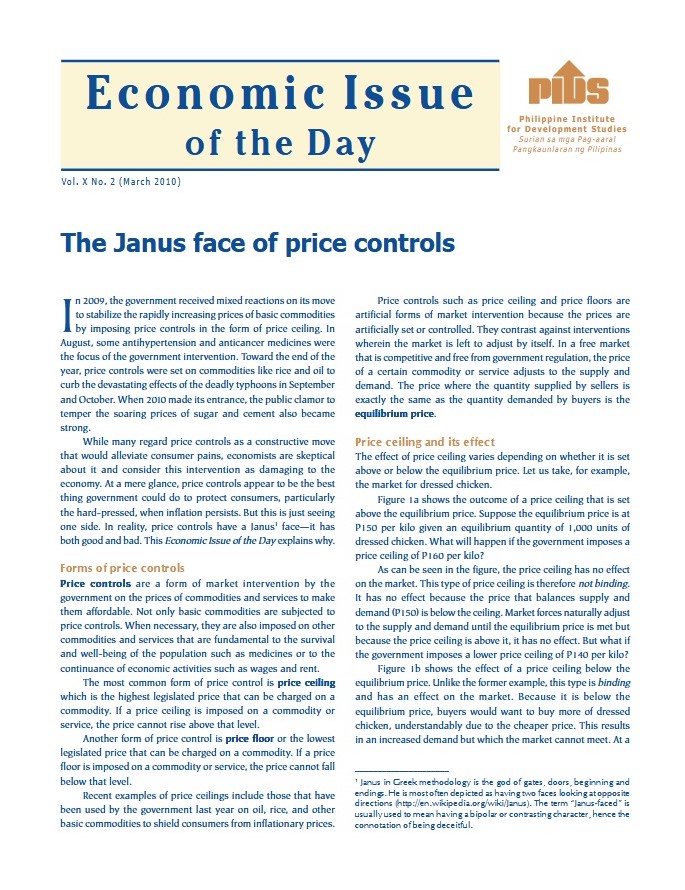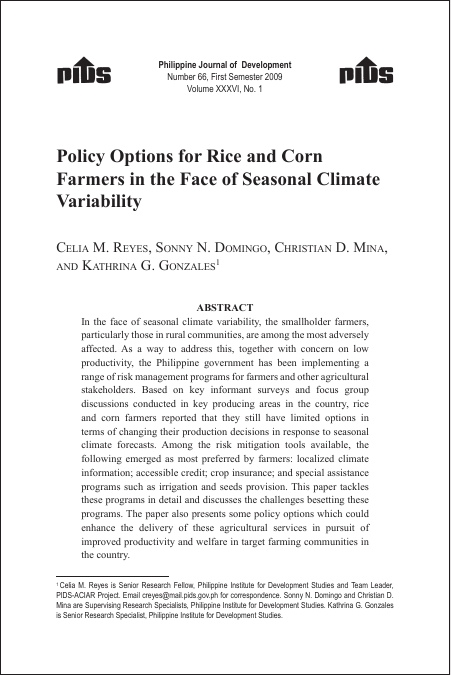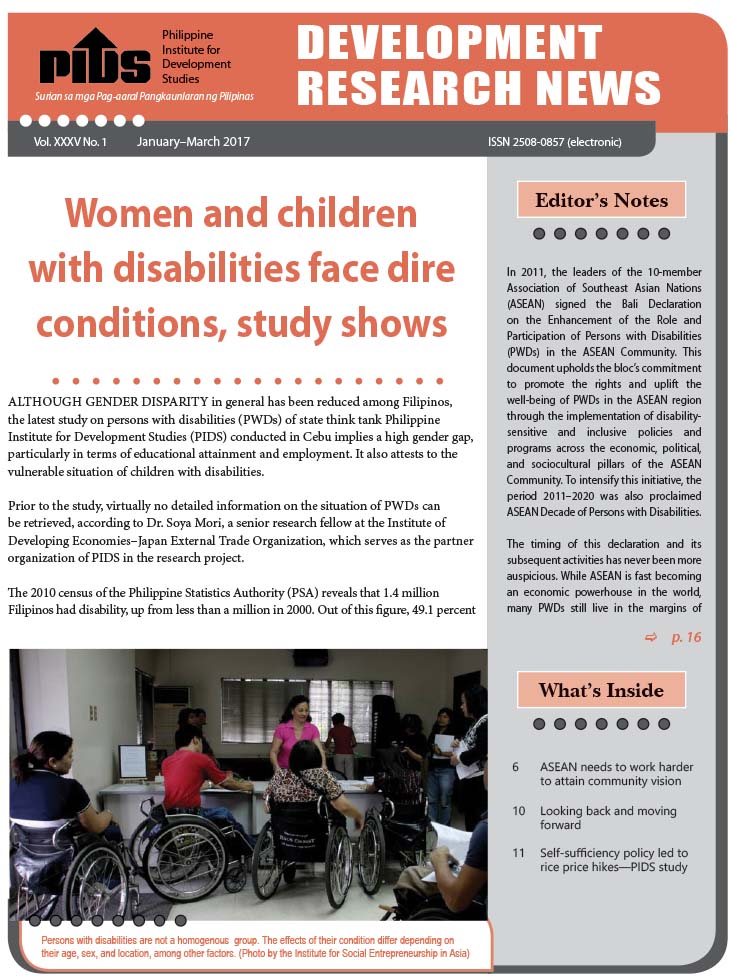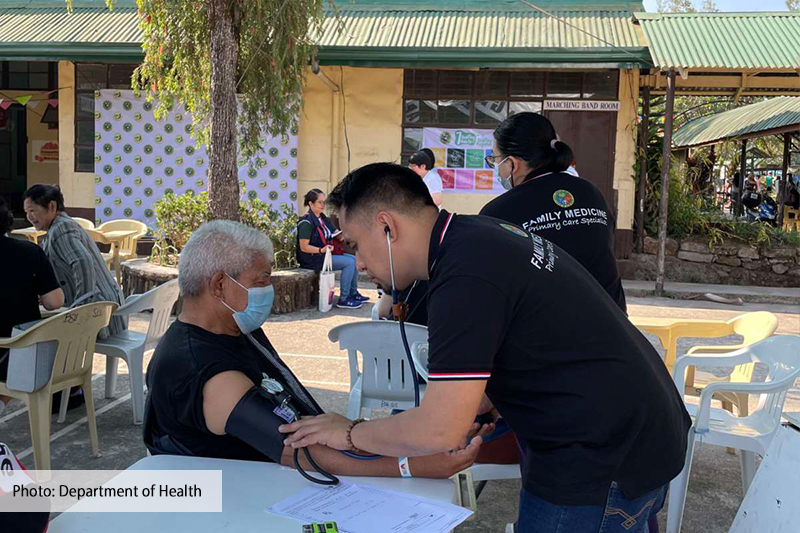NOY APPOINTEES IN PRA FACE PLUNDER RAPS
The plunder charges are raining on the closest allies of President Aquino and the camp of Vice President Jejomar Binay said the associates of Aquino, particularly Budget Secretary Florencio "Butch” Abad, "should face the music.”
Abad should be forthright instead of evading the issues lodged against him through the media, Binay’s spokesman for political affairs Rico Quicho said.
Quicho’s comment was made in light of Abad’s reaction to the plunder charge filed against him by former president of the Philippine Constitution Association (Philconsa), Bonifacio Alentajan, for his involvement in the controversial Disbursement Allocation Program (DAP).
"That is absolutely without any basis. It’s a figment of their imagination. Incredible! I do not think they are even serious at all about filing that complaint,” Abad was quoted by the media as saying when asked for his reaction to the charges.
Contrary to the tuwid na daan (straight path) advocacy of Aquino, his appointees in the Philippine Reclamation Authority (PRA), including the elder brother of Transportation Secretary Joseph Emilio Abaya, also acting president of the Liberal Party (LP), were also slapped with plunder charges in a scam involving a P41-billion estate.
Anti-graft crusaders have filed plunder and graft charges before the Office of the Ombudsman against incumbent and former executives of the erstwhile PEA, now known as Philippine Reclamation Authority (PRA) for their "deliberate shortchangings, deceptions and conspiracies” with a property developer to defraud Government and the Filipino people in "the biggest scam of (state) asset disposition” involving the 1988 sale of an estimated P41-billion estate for just P472 million.
Respondents in this plunder and graft complaint filed by CGCPP are the state-run firm’s incumbent chairman Roberto Muldong, incumbent general manager Peter Anthony Abaya, the LP official’s elder brother, and incumbent members of its board; former general manager Eduardo Zialcita and the chairman and members of the PEA Board in 1988 when the sale was consummated; and the succeeding executives and board directors before the current set of officers.
Quicho dared Abad to categorically declare there was nothing immoral on his disbursement of the DAP which was declared illegal by the Supreme Court (SC).
"What is incredible is that Abad can say with a straight face there was nothing illegal or immoral about DAP. What is baseless is Abad’s persistent claim that DAP helped stimulate the economy when even the Commission on Audit (CoA) says otherwise,” Quicho rebutted.
A CoA report released last year showed that four government-owned and -controlled corporations (GOCCs) were slow or completely failed in releasing DAP funds.
The state-owned firms reported to have unspent DAP funds were the National Dairy Authority (NDA), National Electrification Administration (NEA), Philippine Fisheries Development Authority (PFDA), and the Philippine Institute of Development Studies (PIDS).
Quicho also expressed doubts about whether the case filed against the budget secretary would prosper, as he again slammed the Office of the Ombudsman for employing selective justice.
"But knowing the partiality and selectiveness of the Ombudsman, I have serious doubts if this will prosper,” said Quicho.
The Vice President’s camp has repeatedly scored the Ombudsman’s seeming preferential treatment for administration allies, while fast tracking cases against the Binay family.
"The Ombudsman is hell-bent in consolidating the pending complaints against the Vice President and to file a plunder case against him to showcase the administration’s discredited "tuwid na daan” promise even if it directly transgresses the Constitution,” Quicho previously said.
Various youth groups filed plunder raps against Abad last year. Among the groups were Kilusang Magbubukid ng Pilipinas (KMP), Kabataan party-list, Youth Act Now! and National Union of Students of the Philippines (NUJP).
So far, the Ombudsman has failed to decide on these cases.
The High Court declared several provisions of the DAP as unconstitutional July last year.
The latest plunder charge filed by Alentajan accused Abad of illegally transferring public funds "duly appropriated to one government agency to another without legislative authority, and feloniously awarded and released P50 million each to the senators who voted for the impeachment of Chief Justice Renato Corona, or almost one billion pesos.”
More plunder cases
Also named respondents in this plunder and graft complaint lodged by the Crusaders against Graft and Corrupt Practices in the Philippines (CGCPP) are officials of the Manila Bay Development Corp. (MBDC), which has failed to turn this four-hectare property into a business hub over the past 27 years, in violation of the original sale agreement requiring its development by the buyer within five years of its acquisition.
Lawyer Fernando Perito, who is lead convenor of CGCPP, also urged the government in his affidavit-complaint to forfeit or take back this prime lot at what is now MBDC’s Central Business Park II along Roxas Boulevard in Parañaque City, on the strength of Section 9 of the anti-plunder law–Republic Act No. 7080–empowering the State to recover unlawfully acquired public properties without any regard for prescription, laches or estoppel.
Also accused of plunder and graft charges are the members of the MBDC Board of Directors and its president George Chua, who signed with then-general manager Zialcita the Absolute Deed of Sale covering this deal on Aug. 23, 1988.
This is the second plunder and graft complaint against PEA and MBDC officials in connection with this P41-billion reclamation deal as the United Filipino Consumers and Commuters (UFCC) led by its convenor Rodolfo Javellana Jr. had recently filed a similar case before the Office of the Ombudsman.
Javellana noted in his affidavit-complaint that this highly irregular deal between PEA and MBDC officers surfaced only last year when the Uniwide Sales Realty & Resources Corp., as part of its ongoing legal battle with MBDC, came with a newspaper advertisement appealing to PEA to take back this property.
As for Perito’s own affidavit-complaint, he noted that at the prevailing market rate of P40,000 per square meter in 1988, the reclamation property totaling 410,467 sq. m. was easily worth P41 billion, but PEA surprisingly sold it for a mere P1,100 per sq. m.–or only P472,037,050.00–on condition that MBDC would develop it in five years’ time.
But MBDC has failed to develop the reclamation property up to now in violation of the terms of the 1988 sale agreement, said Perito.
Hence, he added, the former and current PEA executives are guilty of "gross inexcusable negligence and evident bad faith” that warrant the filing of plunder and graft charges against them, for failing to cancel the contract, confiscate the property, and take punitive action against these erring PEA and MBDC officers for defrauding the state and the Filipino people of an estimated P41 billion.
"As of this date, the only vertical structure found within the subject property is the Uniwide Mall,” Perito bewailed, "and all other portions remain undeveloped, save for the construction of the Macapagal Boulevard, which somehow ate up portions of the subject property.”
"What is appalling is that PEA officials seriously neglected their duty to enforce such rights under the Deed of Sale despite MBDC’s continuous non-compliance,” he said.
"MBDC’s failure to develop the subject property to this date should have compelled PEA through its several general managers and Boards to cancel the said Contract,” he added.
"What is outrageously detrimental to the Philippine government and to the Filipino People is that the Philippine government sold this property to MBDC only in the amount of P472 million in exchange for a highly commercialized place originally intended to benefit the government in the form of tax revenues but remained unfulfilled,” he said in his complaint.
PEA officers from 1988 to the present "clearly exhibited gross inexcusable negligence and evident bad faith when they omitted to perform their obligation to enforce the rights of the government under the said Deed of Sale, thereby giving undue preference to MBDC to gain billions of pesos just by sitting on the property subject of the sale,” Perito said.
"All the respondents seemingly joined together to commit one goal–to deprive billions of pesos at the expense of the Filipino People–(and) all contributed to what could be the biggest scam of asset disposition by the Philippine government” with a value of some P41 billion more or less if (the property is) sold between P80,000.00 and P100,000.00 per sq. m.,"Indubitably, there are deliberate shortchangings, deceptions and conspiracies by our public officials in connivance with private persons against the welfare of the common folks and the interest of our country when they entered into a Contract so disadvantageous to our government and eventually affecting the lives of every Filipino,” he added in his affidavit-complaint.
Perito pointed out that even if had taken place way back in 1988, this irregular transaction is not covered by the mandatory 10-year prescription period for the filing of plunder charges against guilty parties and the 20-year prescription period covering graft complaints, "because prescription must be reckoned from the date of discovery.”
"It must be emphasized that the Filipino people became aware of the Deed of Sale just recently when the issue became public,” he said. "Hence, the filing of these cases against these former and present officials of PEA as well as against the owners and officers of MBDC (pursuant to the 2nd paragraph of Section 2 of the Anti-Plunder Law and Section 9 of the Anti-Graft and Corrupt Practices Act), is within the period allowed under the rules.”
"The fact that MBDC continuously failed to develop the subject property and the fact that PEA, to this date, did nothing to demand fulfillment is a clear indication of conspiracy between them,” Perito said. "PEA through its continuous inaction seemingly gives premium to MBDC’s non-compliance as the property is now valued at around P41 billion more or less.”
The inclusion of all PEA officers from 1988 onwards is justified, he said, because of "their involvement by silence, acquiescence and non-concern on the open, notorious and mocking Contract that was so favorable to the buyer.”
"The Chairman and members of the Board of Directors of PEA are jointly and continuously committing this particular crime,” he said. "It is highly suspect and inexplicable why PEA Officers and Board of Directors in the past and now their successors have all remained indifferent with regard to MBDC’s non-compliance.”
Perito recalled that in exchange for acquiring the property at a bargain, MBDC was required under Article IV of the Deed of Absolute Sale to develop it within five years, based on the approved Parcellery Plans and Urban Design Guidelines.
Under the 1988 contract, MBDC was required to [1] submit a five-year Implementation Schedule covering the property’s development plan within six months from the buyer’s receipt of the written notice from the seller of the sale’s approval by the Office of the President (OP), [2] finish all horizontal development within the first two years, and [3] undertake at least 60% completion of all vertical development at the end of the fifth year.
None of these three requirements was ever complied with by MBDC, he said.//
Related Posts
Publications
Press Releases
Video Highlights
[No related items]
Infographics
[No related items]






